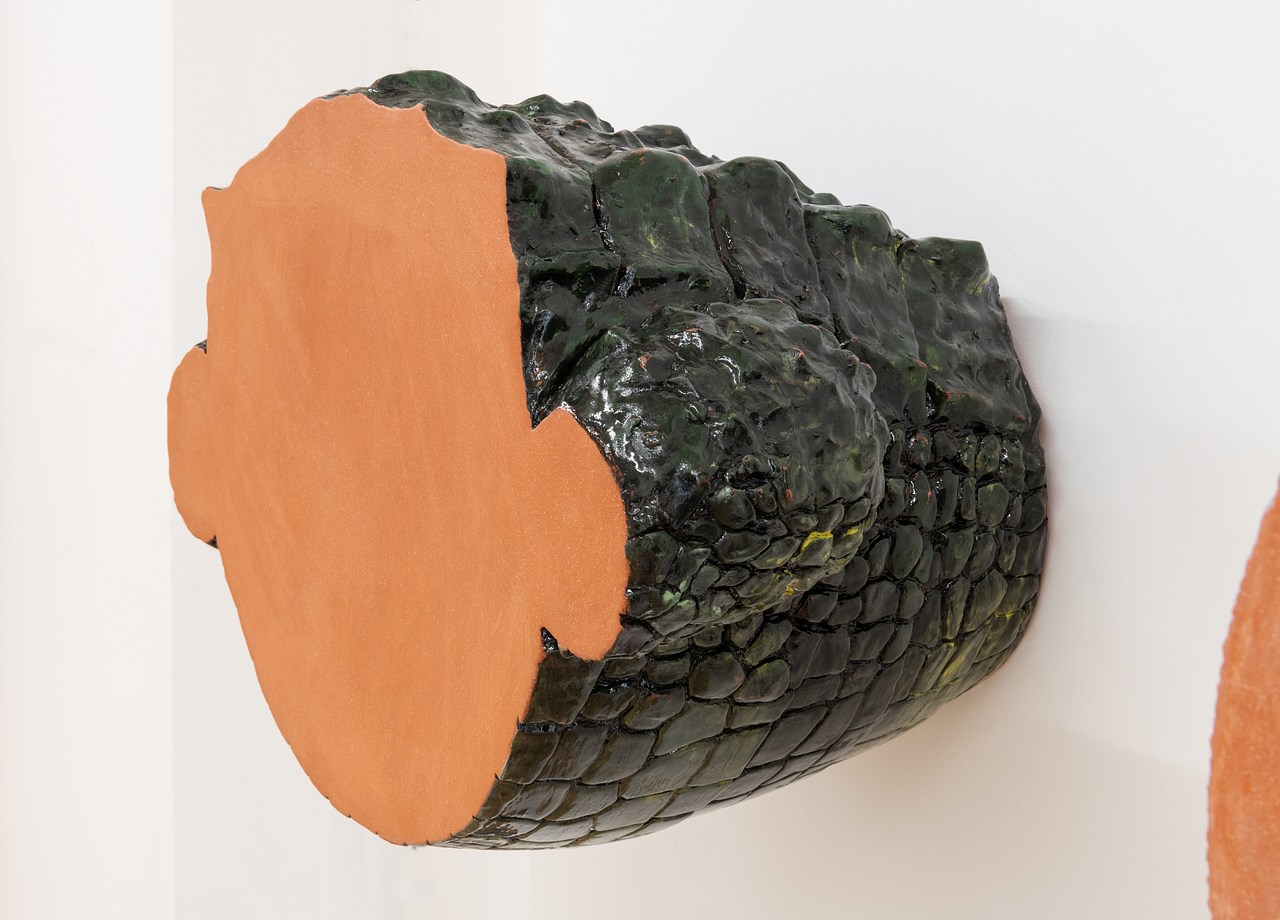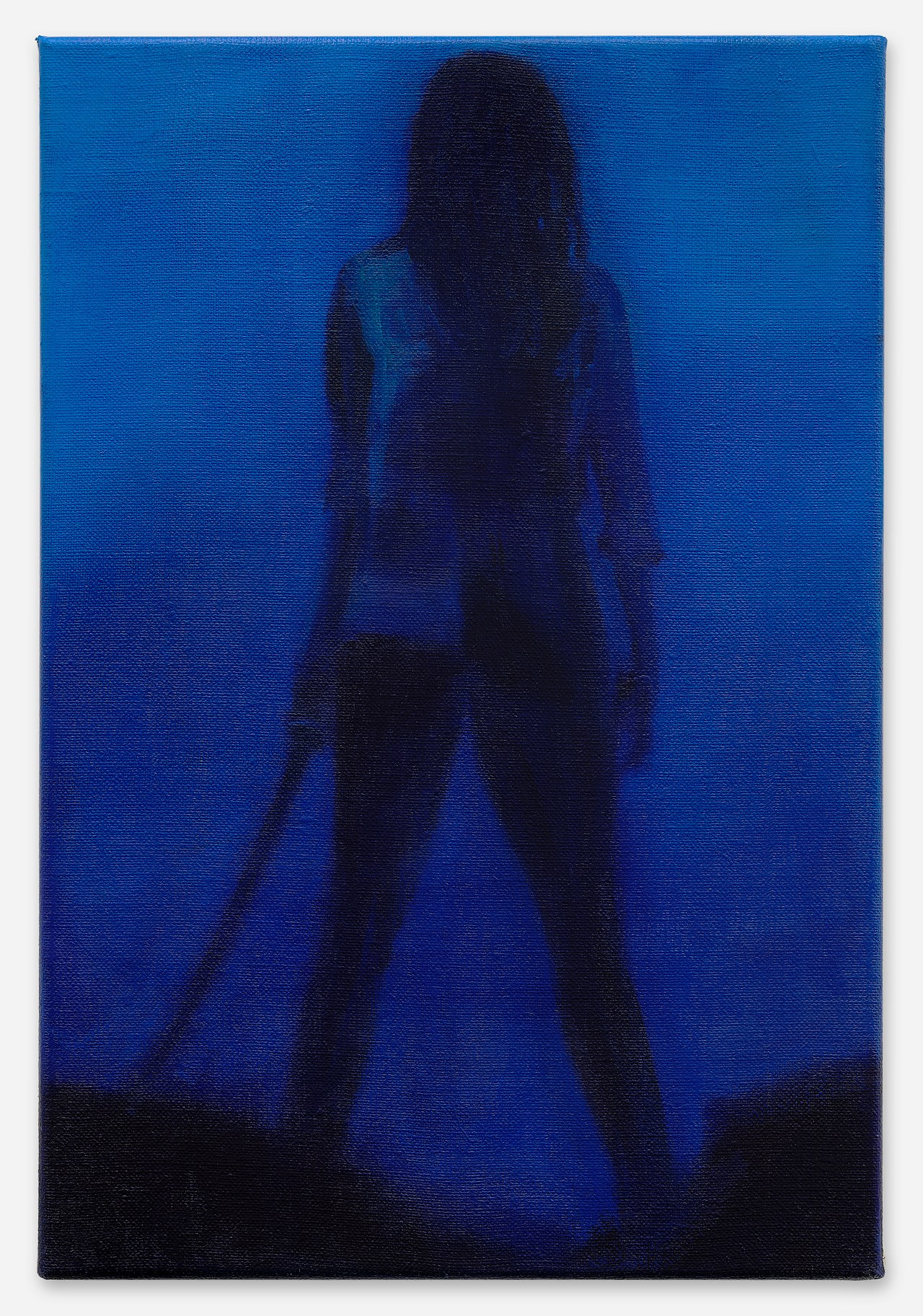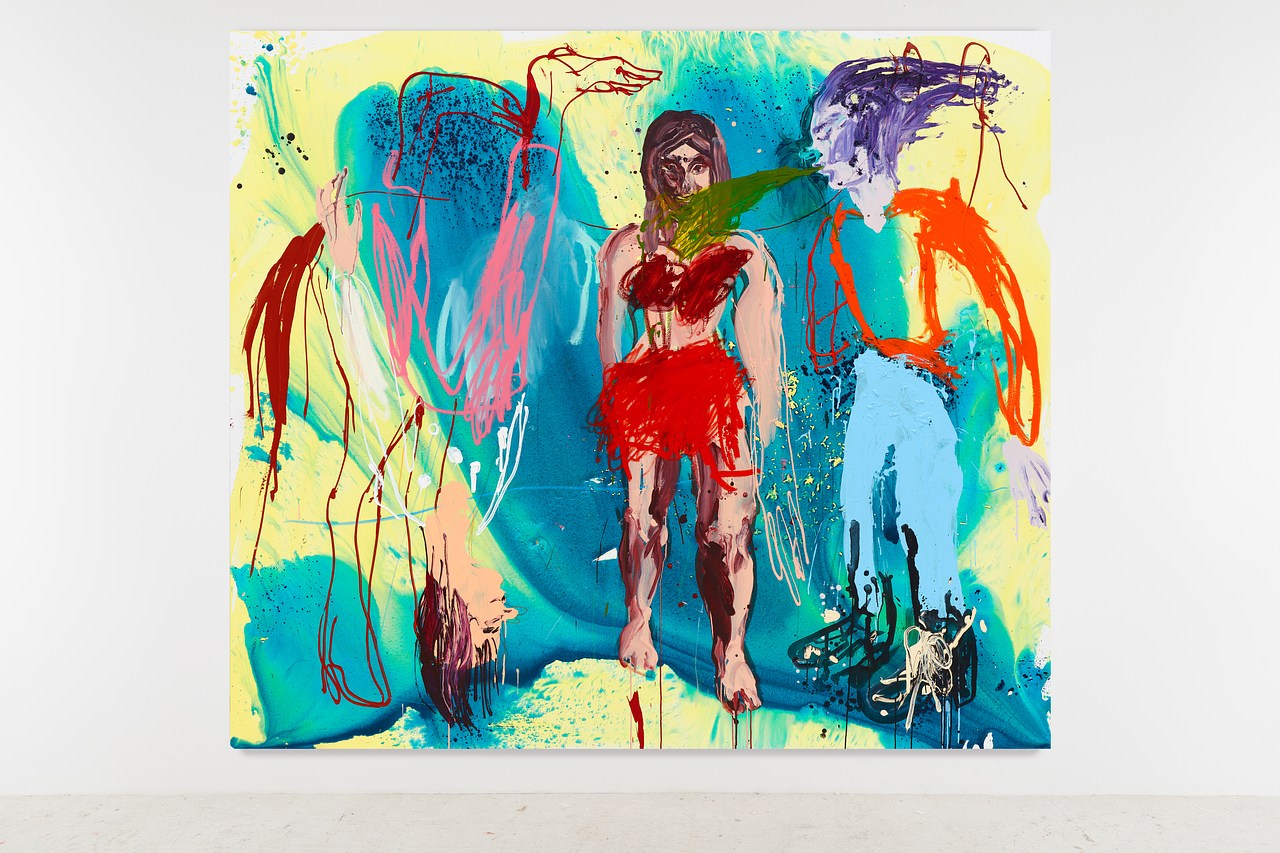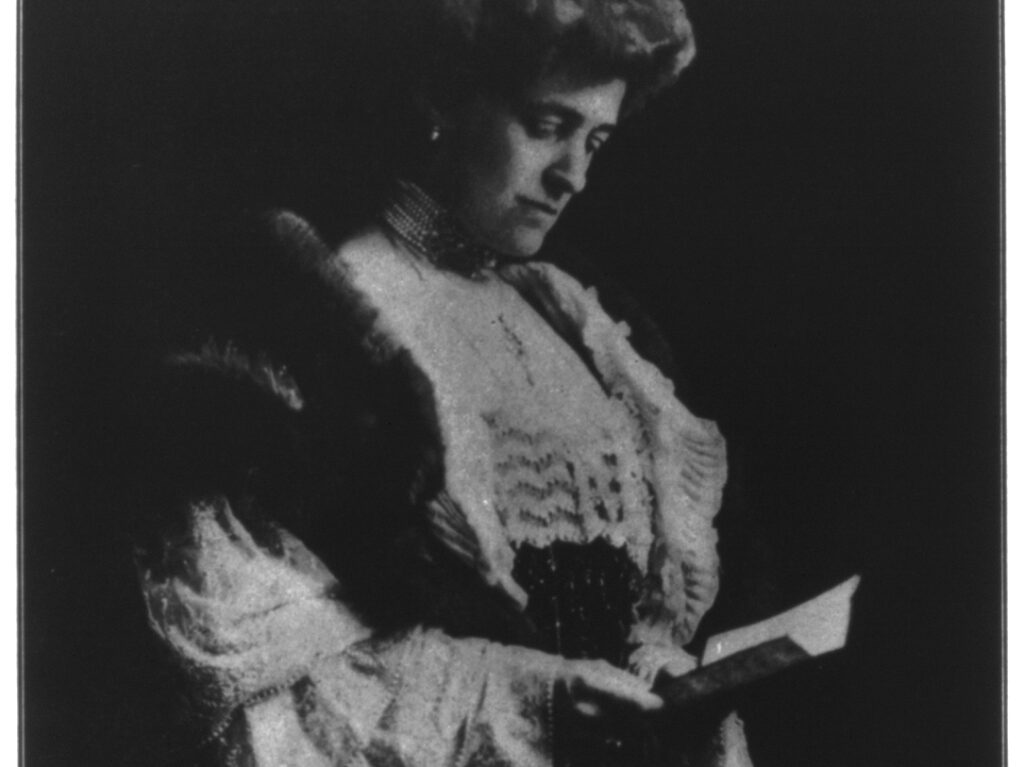“Undine Spragg—how can you?” her mother wailed, raising a prematurely-wrinkled hand heavy with rings to defend the note which a languid “bell-boy” had just brought in.
It strikes me as odd that the opening of Edith Wharton’s 1913 novel, The Custom of the Country, rarely appears on those “best first lines in literature” lists that go around every so often. The sentence has everything that makes the novel, and Wharton’s work in general, so great: vigor, voice, irony, detail. Through it, Wharton sketches a tense and dissonant world in which the colloquial and the bejeweled come into uncomfortable relation with each other. Dramatic and dynamic, this world nevertheless feels intensely claustrophobic. From the first five words of the novel, the reader is tied to a repetitive present tense that feels inescapable—no future, no past, just a boxed-in present (“how can you?” rather than the usual “how could you?”).
Each time we read the novel, it seems, the continuous present of the deliciously named Undine Spragg happens to us all over again. The Custom of the Country, many recent commentators have noted, feels uncannily up to the minute. Its heroine, the beautiful, social-climbing, rapacious, and empty-souled Undine Spragg, reminds us of a tabloid fixture or a reality television star; her currency as a figure who exemplifies the ideas about white womanhood in every era has remained constant. If the morality of divorce—the main “problem” in this 1913 “problem novel”—is perhaps no longer the most pressing social phenomenon to imaginatively explore, Undine’s grasping, financially speculative approach to personal identity and relationships still is.
Custom tracks Undine’s destructive rise from her life as the middle-class daughter of an upwardly-mobile businessman and his fluttering, matronly wife in the fictional Midwestern town of Apex City to the highest echelons of New York and French society. She chews through husbands and children in search of ever more money and ever better social position, marrying and divorcing like Goldilocks trying various bowls of porridge. In her treatment of each of Undine Spragg’s husbands (and their families), Wharton explores the textures of turn-of-the-century wealth: the prim Old New York dinner table (“the high dark dining-room with mahogany doors and dim portraits”); the musty Louis Quinze traditions of the stuffy French aristocracy; and the vulgar electric light illuminating the capitalist acquisitiveness of the American nouveau riche. As Undine moves through these various worlds of wealth, the novel highlights her comparative freshness within the contexts of their enervating gildedness, extending a sort of deep compass onto this substantially superficial character. The combination of compassion and sharply observed frankness is typical of Wharton’s fiction, which tends to love its characters without letting any of them off the hook.









